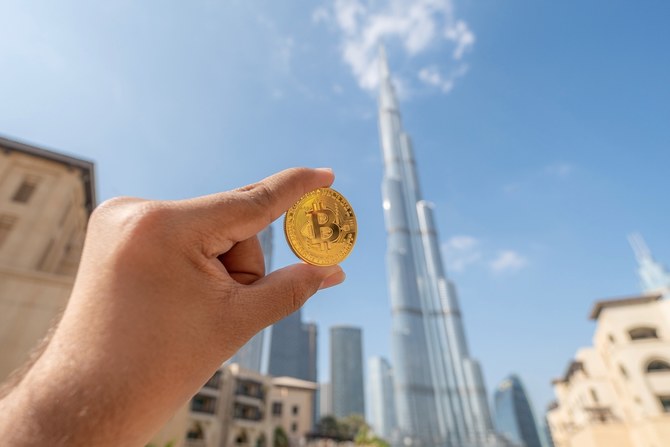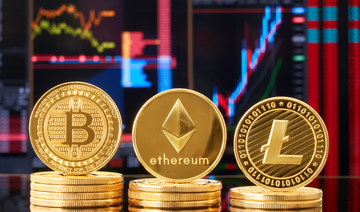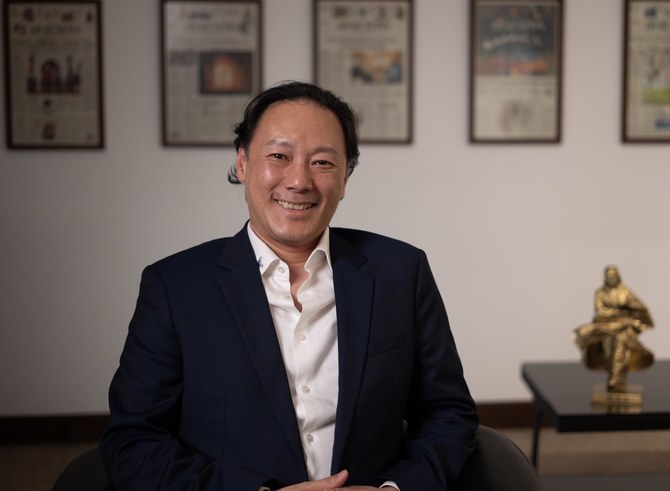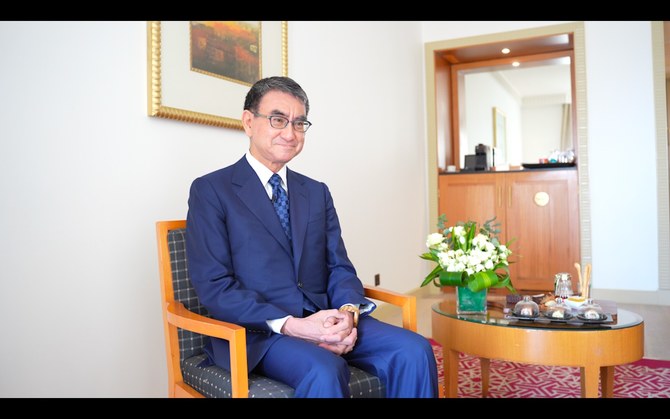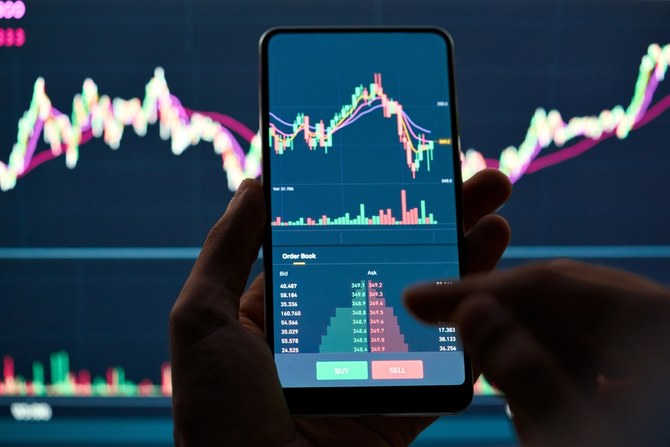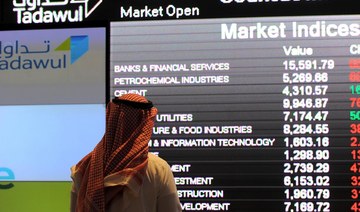DUBAI: If you thought that the worldwide media coverage of Dubai’s new crypto laws announced in March was a blip on the radar screen, wait until you see the frenzy with which traditional shops and institutions are embracing digital currencies.
Close on the heels of several global crypto exchanges bagging commercial licenses and moving headquarters to Dubai, a motley mix of neighborhood establishments have opened its doors to people willing to lighten their wallets with bitcoin and the like.
Situated in Al-Quoz, Bake N More is a coffee and pastry shop that will go down in local history as the first cafe in Dubai to accept cryptocurrency from its customers. While the cafe still accepts cash and credit cards, it welcomes a mixed bag of digital payments, including Bitcoin, Ethereum and Tether.
“There’s been tremendous interest in cryptos because people see this as the future payment gateway system, especially those who have held on to them for a long time and are now looking to cash them,” Mohammad Al-Hammadi, owner of Bake N More, told Arab News.
The contemporary cafe’s open-source payment platform is handled by Mixin Network, a lightning-fast and decentralized platform that brings speed and scalability to blockchain and facilitates the transfer of digital assets.
Explaining the payment system to Arab News, Al-Hammadi said that it would charge customers by converting the cost of an item into its value in cryptocurrency. For instance, if a bottle of water costs 5 dirhams ($1.36), the price payable in TerraUSD, a Stablecoin built on the Terra blockchain, would be about 1.36UST as it is pegged 1:1 against the US dollar.
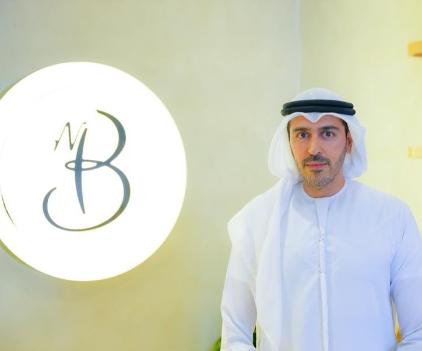
Mohammad Al-Hammadi, owner of Bake N More
New school of thought
The emergence of cryptocurrency as a mainstream tender has also invited the attention of Citizens School, an educational institution situated in the plush Al-Satwa locality. Come September, the UK-curriculum non-selective school will let parents pay the tuition fees in Bitcoin
and Ethereum.
“The reason we are accepting crypto payments is to start a conversation among parents and children about the technology that will influence the lives of the young generations,” said Hisham Hodroge, CEO of Citizens School.
He further added that nearly 10 percent of the parents who have enrolled their children opted to pay in cryptocurrency. The 43,000 sq. m. school campus has a capacity for 2,600 children, and fees range from 36,000 dirhams for Early Years Foundation Stage 1 up to 52,000 dirhams for Year 6.
HIGHLIGHTS
• Situated in Al-Quoz, Bake N More is a coffee and pastry shop that will go down in local history as the first cafe in Dubai to accept cryptocurrency from its customers. While the cafe still accepts cash and credit cards, it welcomes a mixed bag of digital payments, including Bitcoin, Ethereum and Tether.
• The contemporary cafe’s open-source payment platform is handled by Mixin Network, a lightning-fast and decentralized platform that brings speed and scalability to blockchain and facilitates the transfer of digital assets.
• The emergence of cryptocurrency as a mainstream tender has also invited the attention of Citizens School, an educational institution situated in the plush Al-Satwa locality.
“A while ago, cryptocurrency was only a floating term among well-versed investors. However, today cryptocurrency is becoming much more mainstream, reshaping the traditional financial system,” said Adil Alzarooni, founder of Citizens School, in a statement.
Not too long ago, even investment circles barely knew about the dark alleys of the deep web, the seedy corner of the Internet that offers anything from criminal services to cracked credentials to counterfeit money for instant exchange of cryptocurrency.
But the instrument soon gained legitimacy when the investment community began counting on it to hedge risk against rising inflation. The outcome was bizarre because it led to an exponential rally that led Bitcoin to touch a dizzying height of over $68,000 in November 2021. Just five years ago, a single Bitcoin was worth about $700. The meteoric rise became a talking point across the treasury benches globally.
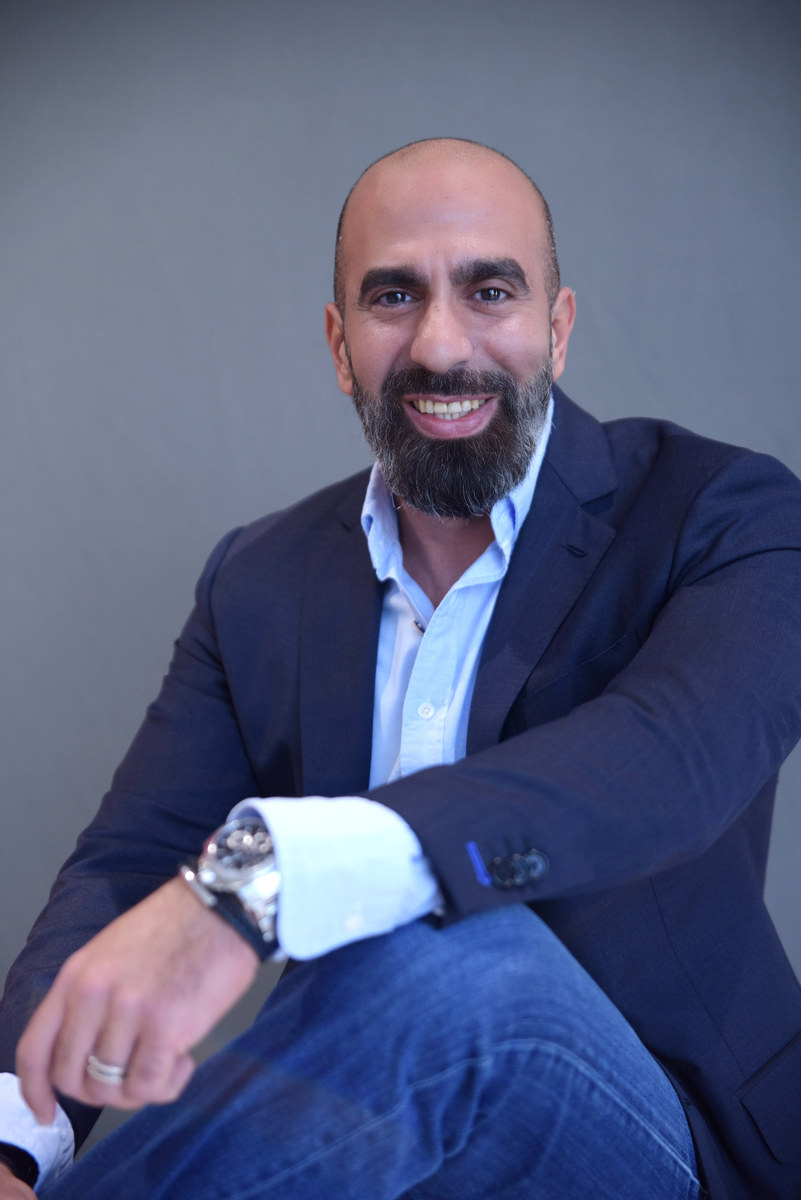
Hisham Hodroge, CEO of Citizens School
Crypto penetration in UAE
According to blockchain data platform Chainalysis, the UAE, estimated to be the third-largest crypto market in the Middle East after Turkey and Lebanon, totaled a transaction value of $26 billion between July 2020 and June 2021. Sovereign governments were left with no choice but to reign over the volatility and tame the beast.
Early this year, the UAE announced a licensing program that would bring it into the league of rival financial centers such as Singapore and Hong Kong.
Last month, the state passed its first crypto law and established a regulatory body to oversee virtual assets.
The government set up the Dubai Virtual Assets Regulatory Authority to oversee the regulation, governance and licensing of cryptocurrencies, non-fungible tokens and other virtual assets. The decision led to a massive influx of global crypto exchanges in the region.
Cryptocurrency exchange Bybit announced its plans to move its headquarters from Singapore to Dubai. Global behemoths such as FTX and Binance received licenses to operate in the city. Crypto.com has revealed its intention to set up its regional office in the city.
“Countries like the UAE have already created governing bodies to measure and promote the growth of virtual assets. It’s keeping itself ahead of most of the world in developing the crypto market,” said Emma McInnes, global sector head of financial services at YouGov, a UK-based market research and data analytics firm.
YouGov recently released a report titled “The Future of Financial Services” based on the sample size of 1,012 in the UAE. The study revealed that 67 percent of UAE residents were interested in investing in cryptocurrencies within the next five years, and 21 percent intended to trade in the next 12 months.
“Like all businesses started using the Internet 20 years ago, they will start using crypto now; it is inevitable,” said Talal Tabbaa, CEO of CoinMENA, a digital assets exchange licensed by the Central Bank of Bahrain.
Salaries in Crypto?
The company recently set up a payment platform for Dubai-based online convenience store Yalla Market that claims to deliver groceries in 15 minutes. The store accepts USD Coin and Tether. What makes the store interesting is that besides launching a new payment method for its customers, the startup is also considering paying salaries via digital assets in the future.
“We can now see that the world is increasingly adopting blockchain and cryptocurrency technologies. We could not stand aside as a company based in the UAE,” said Leo Dovbenko, CEO and co-founder of Yalla Market, in a statement.
The message is loud and clear: Crypto is here to stay, but there is a strong possibility that the crypto ecosystem in the UAE is set for bigger things. However, that is a story for another day.


